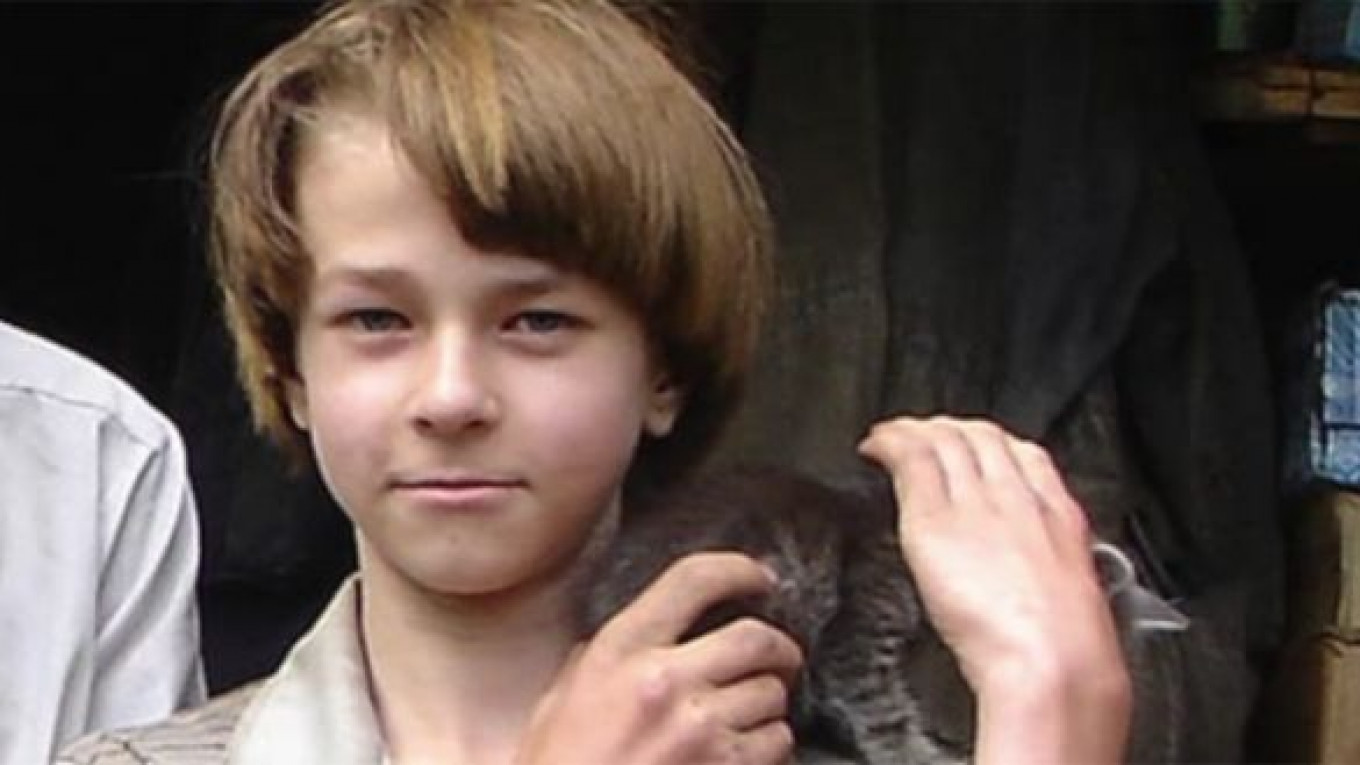BARNAUL — Russian prosecutors said they have found a young man who was raised in a southern Siberian forest by reclusive parents and still lives in a dugout — all alone.
The 20-year-old told prosecutors in the Altai region that his parents unexpectedly abandoned him in May, a local prosecutor said Tuesday. The young man has no papers, but said he was born in 1993 near the village of Kaitanak in the southwestern Altai region, the prosecutor said.
"He has no education, no social skills and no ideas about the world beyond the forest," the prosecutor said, adding that the young man's parents had lived in the forest since 1997. "The young man is now still there, in his dugout, getting ready for winter, collecting firewood."
He said the local prosecutor's office would "definitely help" the young man once a local court issues him an ID.
The young man is not the only Russian child ever raised without social or even language skills. In Russia, they are dubbed "Mowgli children" after a character in Rudyard Kipling's "The Jungle Book" who was raised by wild wolves.
In 2011, two "Mowgli" girls aged four and six were found in St. Petersburg. Raised by chronic alcoholics, they could not talk, had never eaten a hot meal, and expressed gratitude by licking the hands of caregivers.
In 2008, social workers in the central city of Volgograd found a boy, 6, whose mother kept him locked in their apartment building. The boy could not talk but chirped, imitating parrots that lived in the apartment.
A Message from The Moscow Times:
Dear readers,
We are facing unprecedented challenges. Russia's Prosecutor General's Office has designated The Moscow Times as an "undesirable" organization, criminalizing our work and putting our staff at risk of prosecution. This follows our earlier unjust labeling as a "foreign agent."
These actions are direct attempts to silence independent journalism in Russia. The authorities claim our work "discredits the decisions of the Russian leadership." We see things differently: we strive to provide accurate, unbiased reporting on Russia.
We, the journalists of The Moscow Times, refuse to be silenced. But to continue our work, we need your help.
Your support, no matter how small, makes a world of difference. If you can, please support us monthly starting from just $2. It's quick to set up, and every contribution makes a significant impact.
By supporting The Moscow Times, you're defending open, independent journalism in the face of repression. Thank you for standing with us.
Remind me later.






